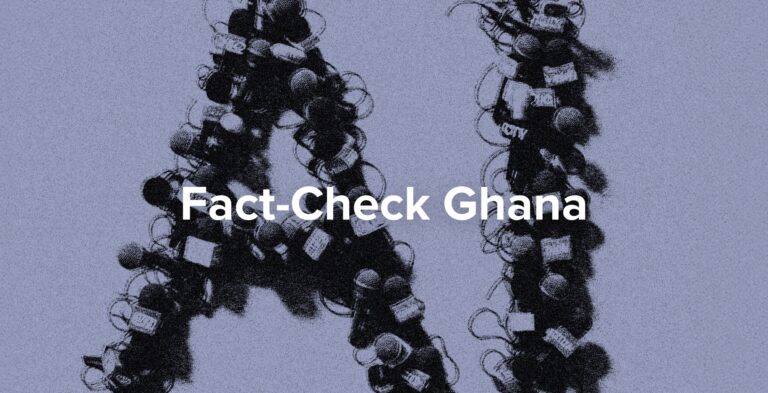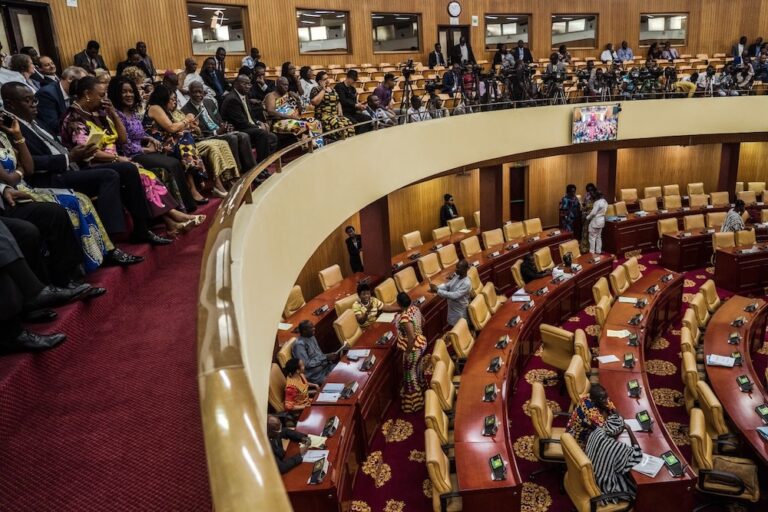Findings in the latest MFWA Media and Governance Series policy brief reveal that unreliable internet service, high cost of data services and sexual harassment serve as barriers that prevent women from exploiting the huge potential the internet offers for self-empowerment and overall development.
This statement was originally published on mfwa.org on 2 September 2019.
In Ghana, women form 51.2% of the total population and have consistently remained the majority in the country. However, they remain under-represented in governance processes both at the national or at the local levels.
In this edition of Media and Governance Series, our policy brief highlights what has been the role of the media (traditional and online) in increasing women’s participation in governance in Ghana.
The policy brief identifies the inherent gender inequality and discrimination that exist in Ghana’s political and socio-cultural structures and recommends the need for the Ghanaian Media to contribute extensively and more sustainably to the campaign on the passage of the Affirmative Action Bill (AAB) as the guaranteed way to increasing women’s representation in decision making spaces such as Parliament, district assemblies and other areas of governance in the country.
Kindly access the policy brief here



